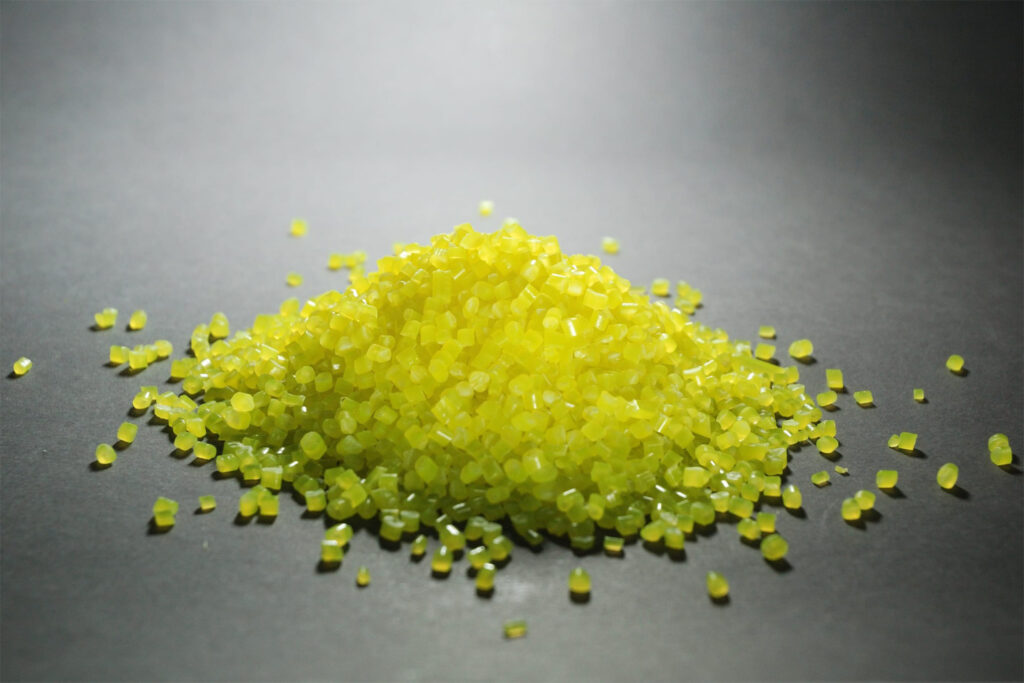Bio-Based Nano-Enabled Products and its Market Uptake
Bio-based products can make the economy more sustainable and lower its dependence on increasingly expensive and finite fossil and mineral resources, while also working on climate change mitigation. For this reason, the EU has declared the bio-based products sector to be a priority area with high potential for future growth, reindustrialization, and addressing societal challenges.
However, even though the performances of final products can be greatly improved by the use of additives in their nanoscale when compared to their bulk equivalents, the implementation of bionanoproducts in the market has been met with some reluctance due to higher costs, the lack of LCA data, and product quality standards. As such, approaches to dismistify and promote the uptake of these type products by the industry and end-users are of great interest as the opportunity to give support to interested stakeholders in terms of preliminary developments and testing, and other services regarding safety, environmental assessement, and regulation policies, can be explored.
BIONANOPOLYS OITB
BIONANOPOLYS project is creating an integrated platform of technologies, and scientific knowledge and technicians devoted to the nanotechnology based on bio-based raw materials, that includes three Networks of Pilot Plants (PPs) focused on the production of bionanoadditives and raw materials, bionanocomposites, and bionanoproducts, guaranteeing all steps within a production chain. The overall concept is to to bring technologies and advanced materials within the reach of companies in order to facilitate the market penetration of nano-enabled bio-based materials and products by targeting the most demanded applications: packaging, textiles and cosmetics.
What can be expected from the Pilot Plants in Network 3?
Pilot Plant 9: Rigid and Flexible packaging
This PP is comprised by three different infrastructures that aim to find sustainable solutions for the packaging industry. Technologies, such as cast film extrusion working as a lamination unit or extrusion coating, monolayer film extrusion with mono-screw extruder and calendaring system, and thermoforming of small moulds, are available to support work on the enhancement of recycling efficiency through use of functionalized nanocomposites, development of replacements for multi-layered structures, and overcome dispersion problems by processing films with different single screw configurations.
Pilot Plant 10: Cellulose based applications
This PP includes infrastructures appropriate for production of Cellulose Nanofibril (CNF) films and CNF laminated paper/board with different nanoadditives (functional nanocapsules, nanoclays, etc), and for evaluation of its improved or new final properties, in order to work on strength increase of wet mat for packaging applications.
Pilot Plant 11: Textiles and nonwoven fabrics
With the purpose of enhancing the chemical compatibility with polymer matrices, improving the properties of certain substrates made from bio-based materials and reducing the costs of nanomaterial production, this PP is comprised by a melt blown line and a fibre nonwoven line that can work on developments within the scope of: melt-blown nonwovens made of very fine, up to ultra-fine, filaments for filtration medical applications, personal protection equipments, or barrier media; fibre nonwovens for the automotive, packaging, and building sectors; and scalability and reproducibility enhancement of meltblown and fibre nonwovens.
Pilot Plant 12: Injection and 3D printing
In this PP, studies and developments on the injection of products or 3D printed parts with costumized bio-based materials for rigid packaging, can be performed, as it includes appropriate infrastructures and know-how. Technologies such as injection moulding, filament production, and 3D printers are accessible for services such as: feasibility analysis of customized filaments for 3D printing; printing service by an improved 3D printer also suitable for hygroscopic materials, and the warping issues due to temperature gradients on the printed parts; prototyping of printed parts from customized filaments; biomaterial cards in different softwares obtained by characterization of printed specimens and mechanical/thermo-mechanical performance simulations; and minimization of post-processing waste.
Pilot Plant 13: Foam applications
PP 13 is focused on the fabrication of foamed prototypes with low material consumption, the validation of polymers, additives and formulations intended for foaming applications, the characterization of foams and assessment of applicability, specialized know-how in the field of cellular materials, and in-deep analysis of the foam process. The available extrusion foaming and bead foaming lines can work within the scope of the fabrication of prototypes for high and low-density applications, design of specific formulations, analysis of foamability, assessment of raw materials, selection of additives, evaluation of compatibility with different blowing agents, etc. The included characterization lab is also available to determine the characteristics of the foam, thermal and mechanical properties, fire resistance, acoustic absorption, etc.
Pilot Plant 14: Coatings applications
The application of coatings with functional nanoadditives by different coating methods and on different type of substrates is an excellent approach to obtain added-value products through the improvement of properties such as barrier, optical, mechanical, antimicrobial, water repellency, among others. PP 14 includes several coating technologies, such as flexure and gravure coating, roll-to-roll spray- and slot-die coating, electrospraying coating, and spray-coating for 3D objects, that are accessible for studies and developments on the improvement of textile, polymer or paper based substrates or objects through the application of functional coatings.
Other Services:
For a holistic approach, the technical Pilot Plant Networks offer other complementary and “out-of-the-box” services such as mathematical modelling, in-line monitoring, safety assessment, business modelling, funding support, and IP management.
Stay tuned to the Open Call (2023) and reach for the oportunity to elevate your company’s products to the next level in sustainability and circular economy!
Author: Sara Fernandes, CENTI (Centre for Nanotechnology and Smart Materials)

